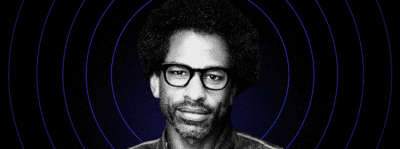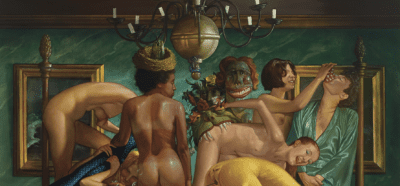Emmy The Great Grows Up
“People ask me what I play and I say I think I play the computer,” laughs Emma-Lee Moss, perched on a cozy grey couch in her Williamsburg apartment. It’s the day before the Moss leaves on tour to support her third full-length record Second Love, which came out via Bella Union in March. Tonight she’ll play a local show at Le Poisson Rouge opening up for Beth Orton, then hop on a transatlantic flight to Paris the next day for a make up show, before rejoining Orton and co. later on in the tour.
This scheduling quick flip is a fitting microcosm for the many dualities that make up Moss’ current life. She was born in Hong Kong and grew up in London where she attended college, only to drop out and focus on music when some of her very early demos assumed a life of their own after being posted and shared widely online. Prior to Second Love, she self-released two albums, First Love and Virtue via the British music publishing company Close Harbour, but since then, took a long gap to figure out what she wanted herself and her music to grow into. As part of that process, Emma moved to the U.S. a couple years ago–first to the weird, artsy Los Angeles neighborhood Silverlake, and then to the heart of Brooklyn’s creative community in Williamsburg, where she’s lived for the last few years.
In light of her introspection and transition, it’s unsurprising that Second Love is an album that supersedes its two predecessors in much the same way a second or even third love eclipses the glorious mess of the first try. For the uninitiated, “Swimming Pool” is a shimmering, streamlined introduction to Emmy the Great’s new sound; it’s the first song on Second Love, and points to the way her songwriting has morphed as she wrote this album. Gone are the acoustic guitar and childlike, sometimes cluttered feel of her last two albums. In their place is this clean and smooth quicksilver-pop that beckons without insisting. Under her gaze, everyday objects assume a sheen of magnificence and the intricacies of relationships are laid bare in simple, succinct revelations. I spoke with Moss about the process of coming into the fullness of her artistic self, balancing dualities, and the algorithm for true love.
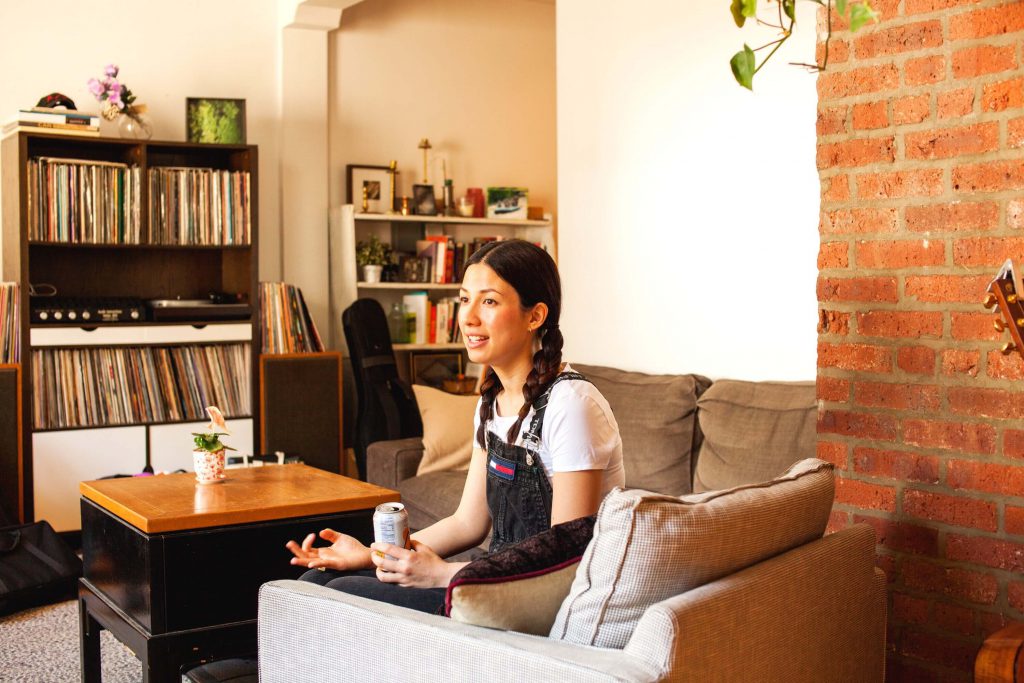

I have listened to your other older stuff a bit, and I did like your first two records, but for me this Second Love really felt like it stood on its own. How do you feel about it?
I’ve reached this point now where it’s been so long since my first two albums and I’ve been through the process of art so many times–which is make it, reject it, come to terms with it–that I now feel really loving and protective of those albums because they’re so deep into my past by now. Someone even told me there really is a thing we all go through it, these four things that happen. But I’ve never finished an album and felt like ‘I feel proud, I could stop and I’d still feel proud.’ That’s how I feel about this one, it feels really good.
This is also your first album for Bella Union, how did you get involved with the label?
I met Simon [Raymonde] before I was even a musician, he’s very sweet, and Mark [Byrne] I’ve known since after my first record came out. Mark is someone who I’ve always sent my music too, and one day I sent him “Swimming Pool” and he said ‘This seems like we’re getting to a place where we should work together.’ And he sort of guided me from that point on, and was a really instrumental person and a sounding board for this record.
What was the process for writing and recording this album? Was it different?
The first two were so autodidactic. It was like ‘Okay I can play these chords and I have a guitar so this must be how I write songs. How do I record them? I record this guitar. Because everything was like working it out, but as my abilities grew the process kind of shifted. So this album was all about figuring out what that process is now that I’m able to do more things, how do I choose? If I can play two types of guitar, which one? It was all about finding out who I want to be in the world as a musician, rather than before it was like this is all I can do. So it was harder, because there was choices to be made. Previously, I think it was just like ‘Wait until it splurges out and then quick catch it!’
Do you mostly write by yourself?
No, I write all everywhere with everyone. Just the other day me and my bandmate wrote like ten songs, just because it was like a bonding thing. In the US I play as a three piece and we try to recreate all the sounds live with just the three of us. Then in the UK I have a band that is slightly bigger and slightly more singer/songwritery.
How do you balance the two lives? Even two different bands–how do you cope?
I’ve only just started to figure it out. I have so many dualities going on in my life right now that I’ve started to not ever expect that there is just one thing that I’m thinking about. I’m not putting that pressure on myself. There’s so many things for me to balance, being from so many places, having two different cultures from my parents, being a musician and a journalist at the same time, having two different bands that are two different styles–I think that might be what life is all about, holding two concepts in your head at the same time.
The song on the record that I’m continually drawn to is “Social Halo.” It reminds me of working in the music industry, how people come into your life and base everything off what you can do for them, then disappear at the slightest change.
I love that interpretation of it. That song is about a brief moment between two major relationships where I had entered the dating world and I was like ‘What do you mean I have to text him with only one sentence? I like this boy, I’ll text him a thousand words!’ I discovered the hard way that there’s all these new things you have to learn. Like, I didn’t even know that the aubergine (eggplant) emoji was a penis. I didn’t know! Somebody had to tell me. I was screenshotting the texts I was sending to people, sending them to my friend to ask ‘Is this okay?’ It was based around the idea that we have this computer us, and when it’s going well, you feel in your own real life like you’re wearing a crown or a halo. And then the tiniest thing goes wrong, like someone doesn’t write you back, and everything has shattered. Even though your actual real life hasn’t changed. Like I would still be sitting on this sofa whether this person wrote back or not. It’s such an interesting balance that we’re trying to walk now.
It’s like the dualities again–your regular, physical self, and then this whole digital self that you have to deal with the repercussions of online or via technology.
I think about my Facebook photos–now when I think about my life, sometimes I see my Facebook photos. Or the pictures that other people have posted from random nights out, if I didn’t post anything that becomes my memory. My world is being crowdsources; my memory is being crowdsourced.
My other favorite song on the record is “Algorithm”–because when I was initially listening to the album I thought I was falling in love–I was so drawn to the idea that love could be inevitable in a scientific way.
I just said that one night while we were recording: ‘Love is an algorithm.’ An algorithm is a path you take to solve a problem and you continually take the path until you solve the problem. That’s what love is. It’s this human compulsion and we keep doing it until we find the one–we continually do it in the hope of solving whatever it is we’re trying to do. While I was making the video I did a lot of research into algorithms, and a man has come up with the algorithm for love.
Give it to me!
You date a certain number of people, something like 80 people. But you dump everyone even if you love them. But the person you like the best, that’s the benchmark. Then after this number you date again until you hit that benchmark and that person is your other.
See, I just hate dating.
Well, kudos to this guy, he married someone because of this algorithm. My favorite song off the record though is maybe “Hyperlink.” I really love them all, not in a kind of here are my songs in any ego way, more like, these are the things that have held me through the last three years.

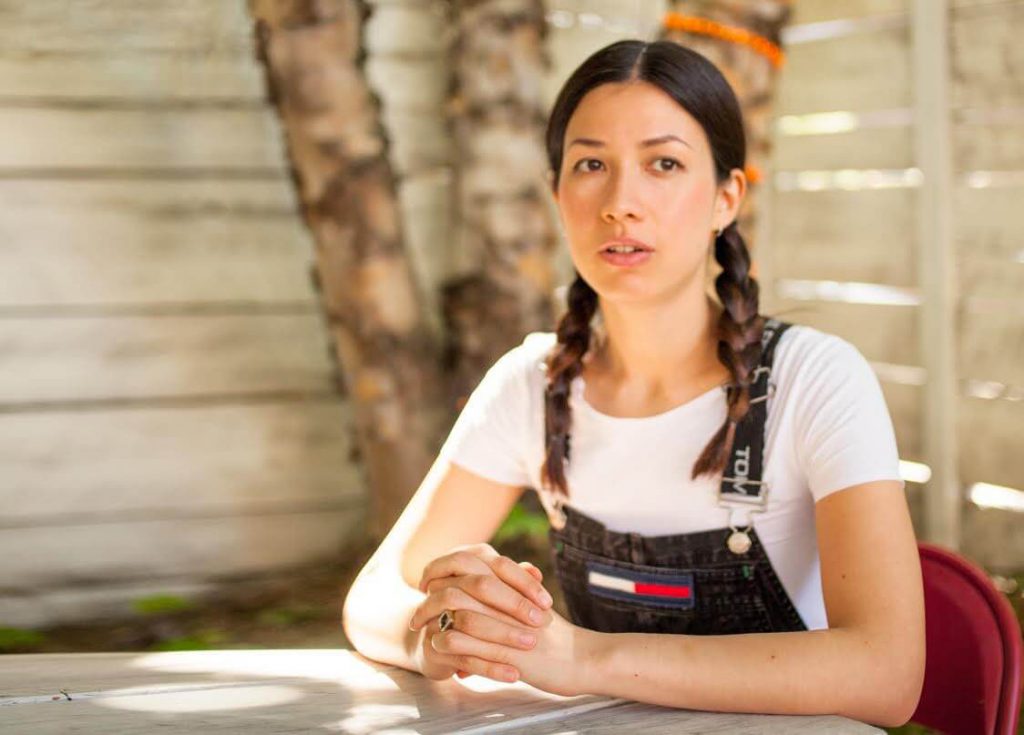

I think they’re doing that for other people too, because they’re definitely doing that for me. I also love that you named the record Second Love, even just the reminder that a second love comes, too. Because everyone always focuses on your first love, and I know it’s a callback to your debut but there is a tranquility here.
Your first love is always awful and filled with drama, and your second love is good. Not that there’s not a lot of drama, it just becomes so much more complex. It’s possible to have an argument without screaming. You’re sitting there running through all these different things about how this love works in your life.
How did you choose your band name? There’s this kids series of books called Nate The Great who was this little kid detective. I used to read them and I always wondered if it was related?
I’ve never heard of that series but it sounds good! It’s so funny that it’s still the name I use, it was my email address back from that first demo. At the time and the music I was making was very childish, it was. And there was a mid-period of the last three albums where I thought ‘Oops this is a real big problem, my music is shifting and I have this name that doesn’t really belong.’ And by this point it has become so who I am as a performer, I might have changed the name, but I feel more like I’m adapting the name now. I thought I would regret it for my whole life for a brief period, but now I feel like it’s just my thing.
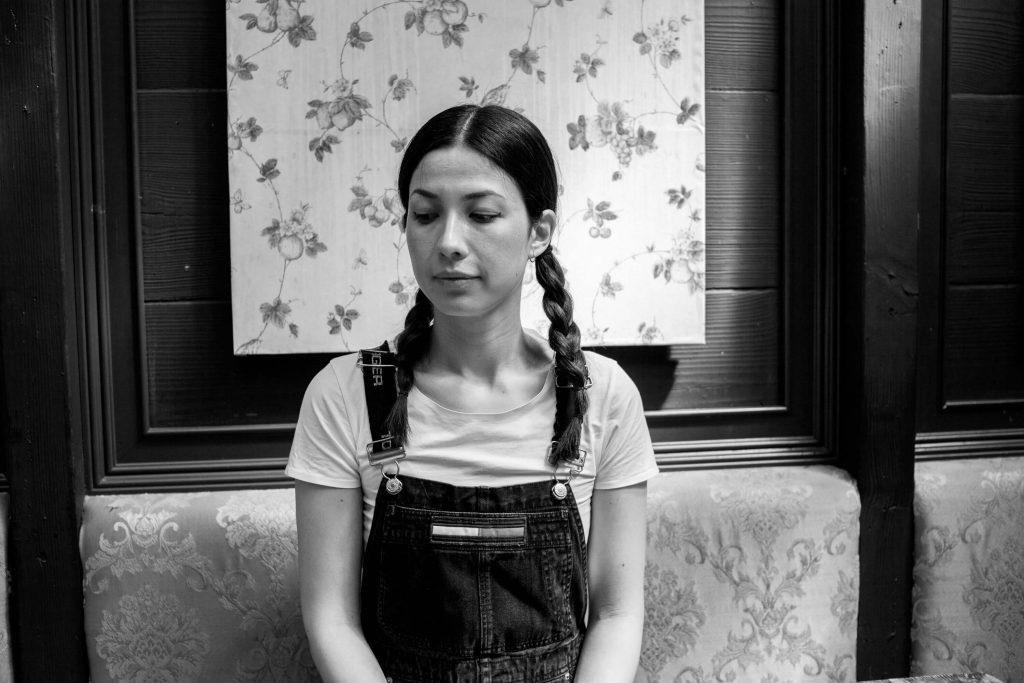

Second Love is out now via Bella Union. Get it here and get tickets to see Emmy the Great’s show at Le Poisson Rouge tonight here.
All photos by Nicolas Maloof.
You might also like 














